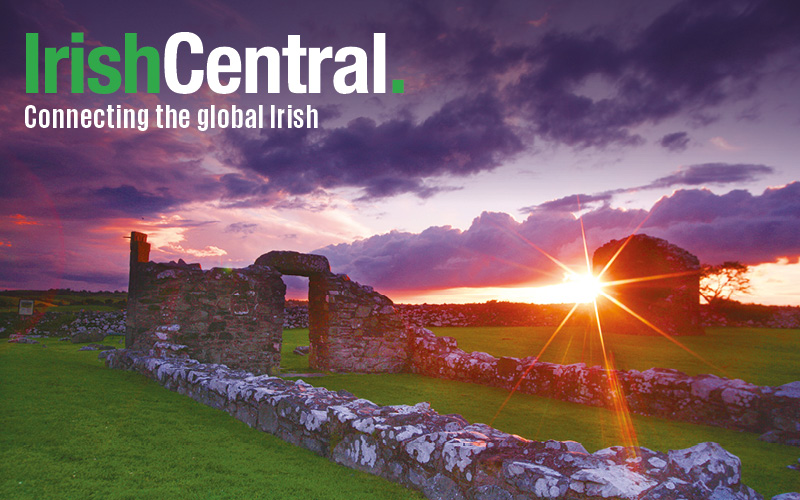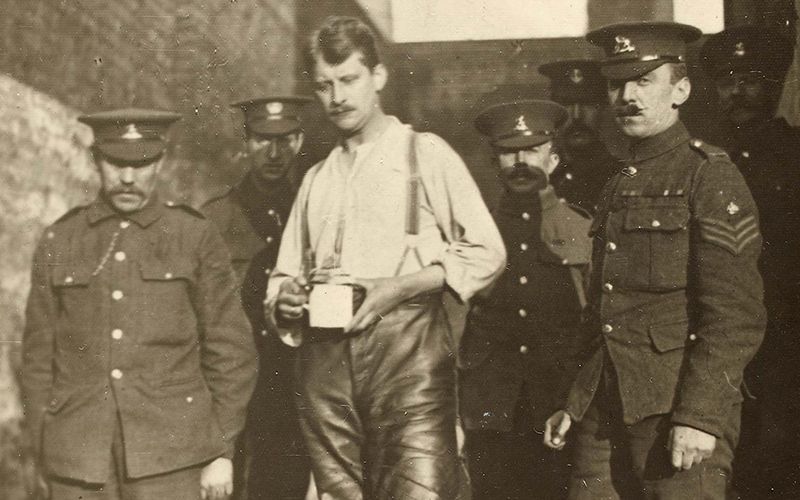| Pope Francis |
For decades now many observant Catholics have longed for the inclusion of their gay family members in the life of the Catholic Church.
The people who have most ardently sought that inclusion have been gay Catholics themselves, of course. That’s because for decades, instead of a welcome, at best they got bitterly divisive rhetoric, and at worst sanctimonious lectures.
The end message was ultimately the same: you are sinful, you are less than, you are not welcome. Having looked for sanctuary and Christian compassion they instead found silence and a locked door.
That rejection, whether it was intended to or not, did serious violence to their dignity and spirit. It's not for nothing that the most prominent gay Catholic group in America is actually called Dignity.
Women have often found the Church to be a cold house, too. On issues like abortion and birth control, which are often central to their autonomy, they have been demonized and pushed to the margins. The most conservative elements in the church are happy to keep them there.
Contemplating these issues Pope Francis said this week: 'The church’s pastoral ministry cannot be obsessed with the transmission of a disjointed multitude of doctrines to be imposed insistently. We have to find a new balance...'
With these comments, which acknowledge the way divisive social issues have been used by conservatives to banish the heretical, he sent shockwaves around the world. Many commentators gay and straight responded with untrammeled delight. Could it be that the long cold war could finally be ending they wondered?
People don't like to be reminded, but thirty years ago when AIDS was decimating a generation of gay men across this nation many priests and bishops here refused to allow their funerals to be performed in local churches. That practice continued on and off right up to this decade.
As late as March 2005, San Diego Bishop Robert Brom refused to allow a funeral to be performed in a local Catholic church for John McCusker, a gay man who ran several successful gay nightclubs. Brom had called McCusker's business activities 'contrary to sacred Scripture and the moral teachings of the church' and said that by denying him a Catholic funeral, he was trying to avoid a 'public scandal.'
Bishop Brom thought that refusing the funeral of a gay man would be much less scandalous than performing it.
Shocking actions like this are taken by men like Bishop Brom because they see an era-defining threat emanating from the 'evil' gays. I say 'evil' advisedly. As late as July 2003 the Vatican was denouncing same-sex unions as 'evil' and calling upon Catholics to oppose any legislation that would grant them equality.
As always though, the Church publicly condemned as it privately helped, establishing the National Catholic AIDS Network to provide care to AIDS patients, their families and loved ones. By 2008 Catholic Charities USA had 1,600 agencies providing major services to AIDS patients, including housing and mental health services. It's a work of Christian compassion that can not be sufficiently acknowledged.
But the Church has always hedged its bets like this, with an inconstancy that supporters and critics alike find maddening.
As the clergy and the laity respond on the ground like Christians are supposed to, they do so far from the censorious eyes and unforgiving words of the powerful conservative hierarchies that deeply disapprove of these kinds of mixed messages.
What is so striking about Pope Francis' published comments this week is that he has apparently chosen faith over ideology. The Church has grown 'obsessed' with preaching about abortion, gay marriage and contraception he said - but he has chosen not to speak of those issues, preferring common ground to points of departure.
Instead of abortion or same sex marriage he has spoken instead of poverty and injustice and even financial crime. If he continues like this he could actually become the groundbreaking leader that many have longed for. The truth is it's still much too early to tell.
But in language that is increasingly appalling to many conservative Catholics worldwide Pope Francis said yesterday that he wants set a new tone for the church, saying it should be a 'home for all' and not a 'small chapel' focused on doctrine, conservatism and a limited agenda of moral teachings.
Commentators on right wings sites here in the US, who prefer those small chapels filled with the like minded, have reacted with horror. 'Non habemus papam,' wrote one in Latin yesterday on the Free Republic website, meaning we have no pope.
'We’ve got problems, worse than we imagined,' wrote another about the new pontiff.
Others were unequivocal: 'Pope Francis, I am done with you. Enjoy your 'new' church.'
Although it's still much too early to determine what Pope Francis stands for or what he could come to represent, one very telling detail about his life has caught my eye this week. His favorite film is Fellini's La Strada he said.
That film, roughly, is about two different ways to live in the world - one way is to see life as a shrewd speculation, an opportunity to promote your own advancement, a lifelong self-interested scramble for whatever crumbs fall your way before you die.
The other way to live is the open hearted way, where your primary goal becomes the quest for love and the willingness to share your own love. On this path your life will be enriched only in direct proportion to your willingness to share what's inside you. You are your own fortune, what you get will be the mirror of what you give.
Most people don't have the courage to live this way or take this path. Jesus did, but there have been few enough willing to follow his example.
The moral of La Strada (which means 'The Way') is that even the most selfish, loveless nature can evolve and become better. We watch it happen in the film, leaving us to wonder if it can happen in life?
La Strada may hold a clue to Pope Francis' deeper nature. If it does what it tells us is that it will be his faith in love that is so troubling to his critics. Each time he faced an intractable social issue he has picked faith over ideology. He has picked forgiveness rather than a fight.
'I see the church as a field hospital after battle,' Francis said. 'It is useless to ask a seriously injured person if he has high cholesterol and about the level of his blood sugars. You have to heal his wounds. Then we can talk about everything else.'
It looks like he’s only getting started.




Comments